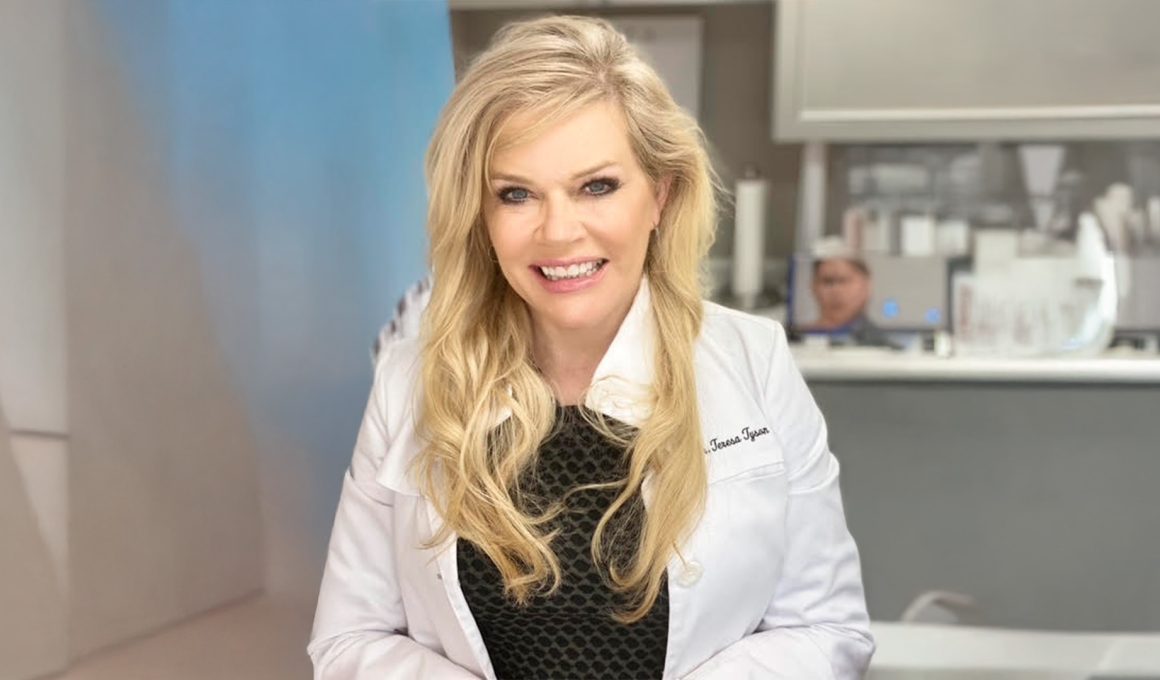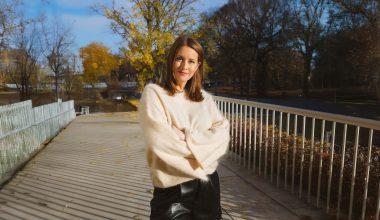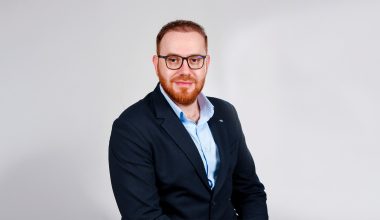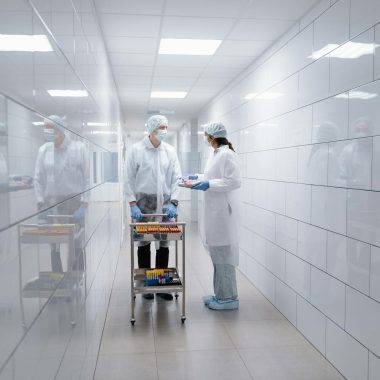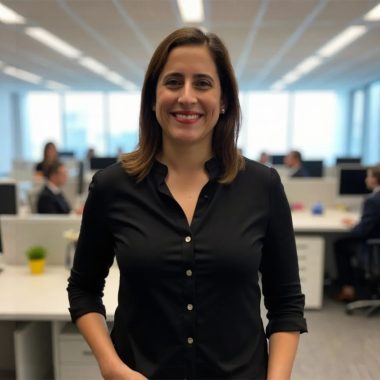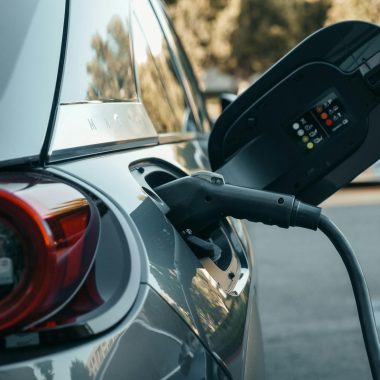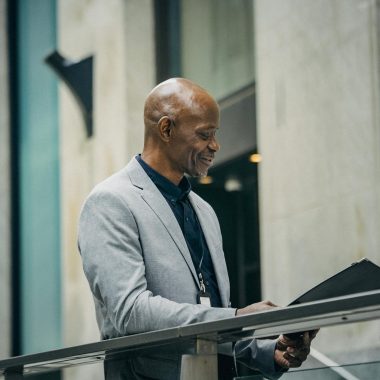In the heart of Virginia’s Central Appalachian Mountains, where chronic illness and poverty are widespread, Dr. Teresa Owens Tyson, DNP has spent the past thirty plus years making healthcare more accessible. As the CEO of the Health Wagon, a nationally recognized nonprofit that delivers free healthcare to remote communities, Dr. Tyson has built a model of care that brings vital services to those too often overlooked by the traditional healthcare system.
Her journey began with a childhood fascination for science and a calling to serve others. Inspired by her grandmother, Hettie, who cared for tuberculosis patients before a cure existed, and her mother, Pauline, with a missionary’s heart, Dr. Tyson found her purpose early. “I’ve just always had a passion for taking care of others,” she says. “I’m on the mission field here in Central Appalachia.” Dr. Paula Hill Collins, DNP helps to direct mission impact as well serving as the Clinical Director. They have been friends since the age of fourteen and have graduated four times together holding the same exact professional degrees. They both draw strength from each other as this is not an easy lift to care for one of the most disadvantaged populations in the nation.
A Legacy on Wheels
The Health Wagon’s roots stretch back to 1980 when Sister Bernie Kenny, a Catholic nun from Massachusetts, began delivering care from the back of a Volkswagen Beetle. Over the decades, the organization has grown into a regional health system with two stationary clinics, four mobile units, a dental facility, and a pharmacy. Yet its mission remains unchanged: to deliver free, high-quality care directly to those who need it most. “We are the oldest mobile free clinic in the nation,” Dr. Tyson says. “From that humble beginning, we’ve grown into a comprehensive care delivery model serving thousands every year.”
This expansion reflects both innovation and necessity. The region suffers from systemic barriers such as extreme poverty, limited education, and a lack of public transportation. For many residents, healthcare is physically and financially out of reach. “People don’t have reliable transportation. We take our mobile units to them,” Dr. Tyson explains. “We meet them where they are.”
A Model Built on Access and Innovation
The Health Wagon operates on a spoke-and-hub model. Mobile clinics travel to isolated communities to provide screenings, basic care, and preventative services. If patients need further treatment, they are referred to one of the stationary clinics for diagnostics, specialty care, or follow-up. “Dickenson County is traditionally the poorest in Virginia,” says Dr. Tyson. “Our job is to find people who have fallen through the cracks, whether they have diabetes, hypertension, or an undiagnosed condition. We then help them access the care they need.”
Dr. Tyson and her team are known for going beyond standard mobile care. The Health Wagon helped to pioneer the use of telehealth in rural settings and was a valuable partner in the historical FAA-approved drone delivery of medications, a breakthrough now recognized by the Smithsonian. The organization was also the first to outfit a mobile unit with satellite-based internet for emergency response. “We were in Damascus, Virginia during recent floods. Our satellite connection allowed us to provide both care and communications to first responders,” Dr. Tyson says.
Scaling Care Through Outreach
The organization also leads the Move Mountains Medical Mission (formally RAM Wise County), an annual event that has served more than 100,000 patients since its founding. What began as a large-scale mobile clinic weekend has evolved into a medical expedition that brings specialists, diagnostics, and high-value care to people in need. “These events are not just health fairs,” Dr. Tyson says. “They are intensive outreach missions. We uncover disease burdens and provide critical care that saves patients thousands of dollars.”
These efforts are part of what Dr. Tyson calls the Integrated Comprehensive Care Collective, a strategic model that she and her team have designed to overcome the layered obstacles to care in places like Central Appalachia. It includes mobile outreach, on-site clinics, pharmacy services, and telehealth. The goal is to treat the whole patient while removing as many access barriers as possible.
The Road Ahead for Mobile Health
Dr. Tyson sees mobile health continuing to evolve rapidly, particularly as public and private sectors invest in rural infrastructure and technology. “We are getting calls from across the country asking how to start mobile health programs,” she says. “The value is clear. You bring care to the people, and you do it in a way that’s sustainable and scalable.” She envisions even more advanced services in the future, including mobile surgical units and expanded diagnostics. “We have always tried to stay five years ahead,” she explains. “We know what it’s like to operate with limited resources. That has made us creative, persistent, and determined to keep pushing forward.”
Dr. Tyson remains committed to the legacy of Sister Kenny, who passed away in December 2024. “She planted the seeds,” Dr. Tyson says. “Now we are continuing her vision of healthcare as a right, not a privilege.” Through determination, innovation, and a deep connection to the community she serves, Dr. Teresa Owens Tyson, DNP continues to shape the future of rural healthcare, one mobile clinic at a time.
To learn more about Dr. Tyson and the Health Wagon, connect with her on LinkedIn.
